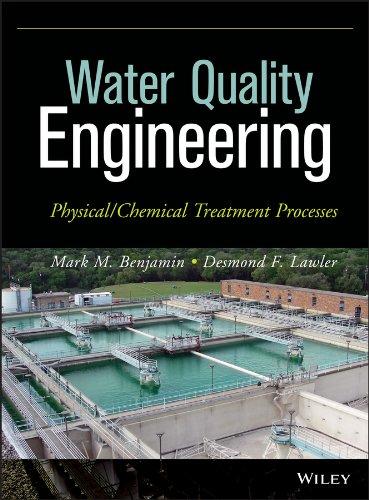Question
HE Consider the following nuclear reaction (one of the fundamental reactions in fusion): (D^2_1 + D^2_1) He^2_2 + n^1_0 The reaction occurs in water vapor,
 HE
HE
Consider the following nuclear reaction (one of the fundamental reactions in fusion):
(D^2_1 + D^2_1) He^2_2 + n^1_0
The reaction occurs in water vapor, which contains the deuterium Determine the range of the charged reaction product (in cm), given that the specific volume of the water vapor is 3.5 m/kg (reminding you that, specific volume, often used in thermodynamics, is the inverse of the density). In your calculations, for simplicity you may neglect the initial kinetic energy of the incident deuteron. You may use linear interpolation in using the table
*please include steps and explanation
Question-1 (30\%) Consider the following nuclear reaction (one of the fundamental reactions in fusion): The reaction occurs in water vapor, which contains the deuterium. Determine the range of the charged reaction product (in cm). given that the specific volume of the water vapor is 3.5m ? kg (rominding you that, specific volume, otten used in thermodynamics, is the inverse of the density). In your calculations, for simplicity you may negloct the initial kinetic energy of the incident deuteron. You may use linear interpolation in using the tableStep by Step Solution
There are 3 Steps involved in it
Step: 1

Get Instant Access to Expert-Tailored Solutions
See step-by-step solutions with expert insights and AI powered tools for academic success
Step: 2

Step: 3

Ace Your Homework with AI
Get the answers you need in no time with our AI-driven, step-by-step assistance
Get Started


